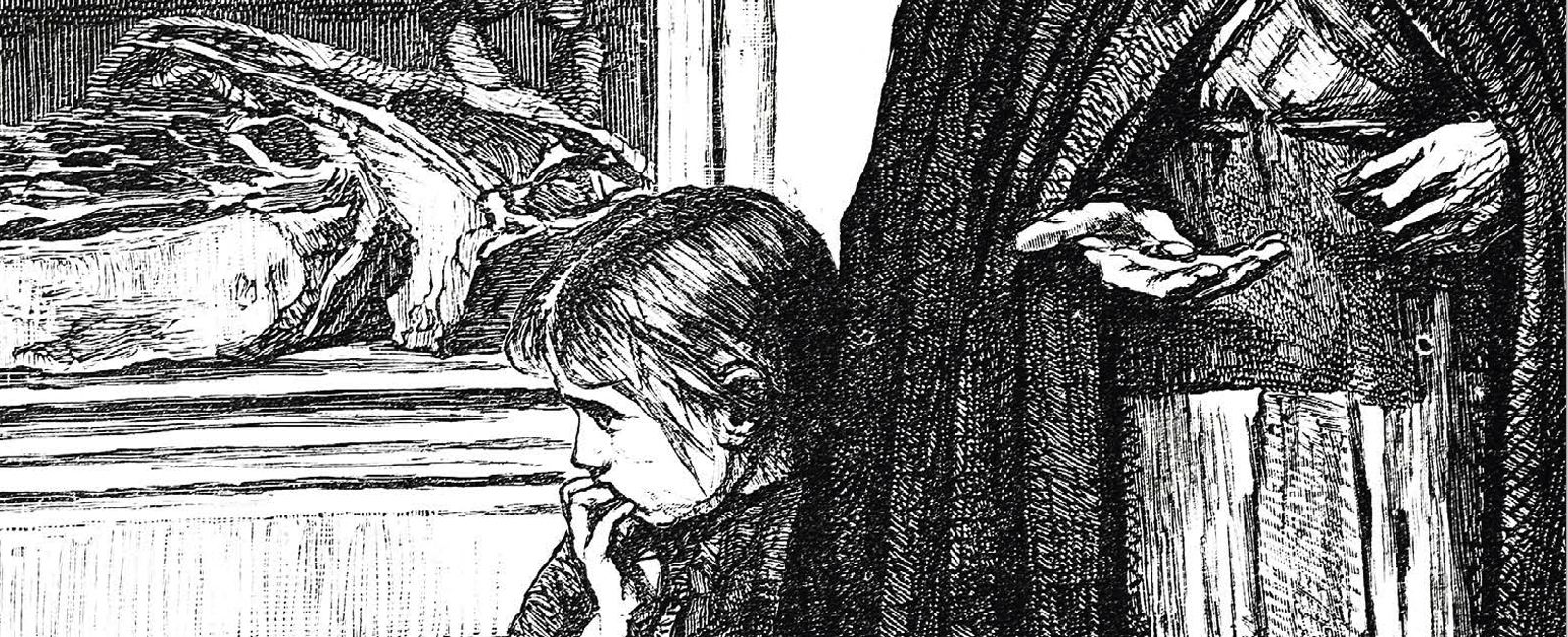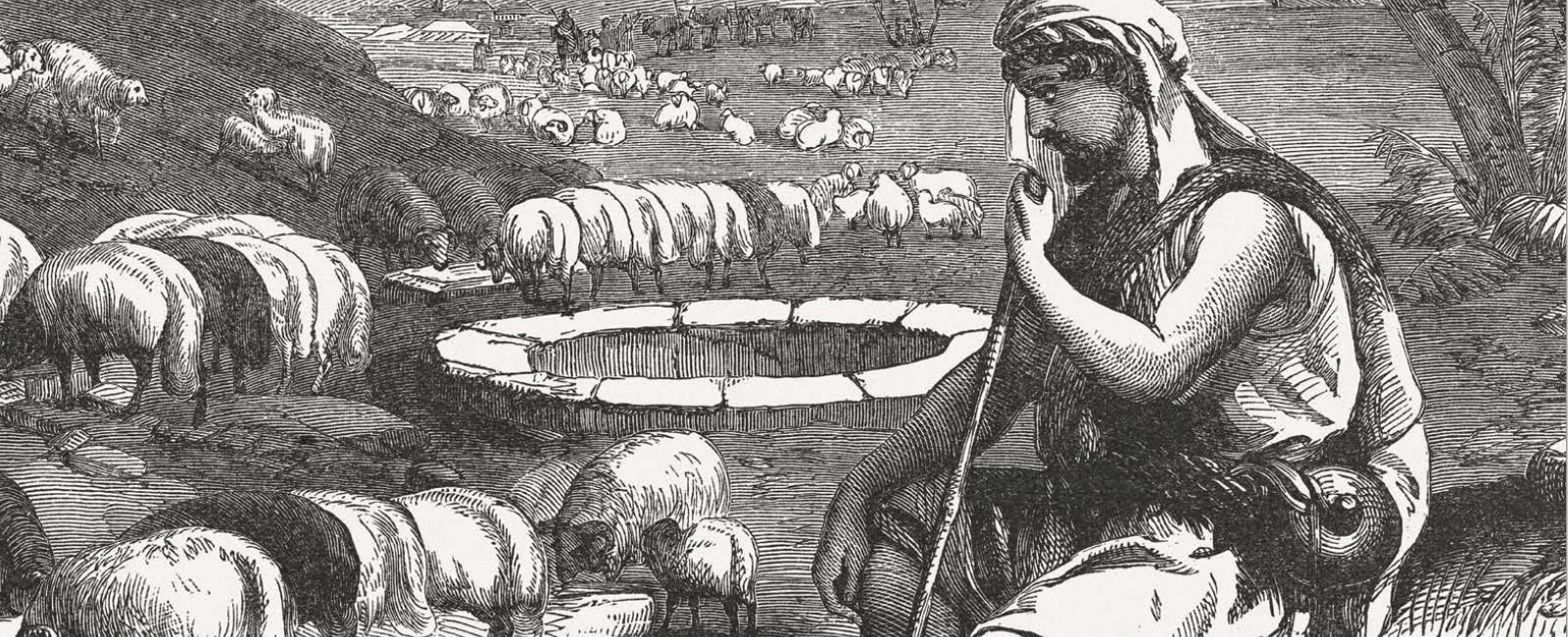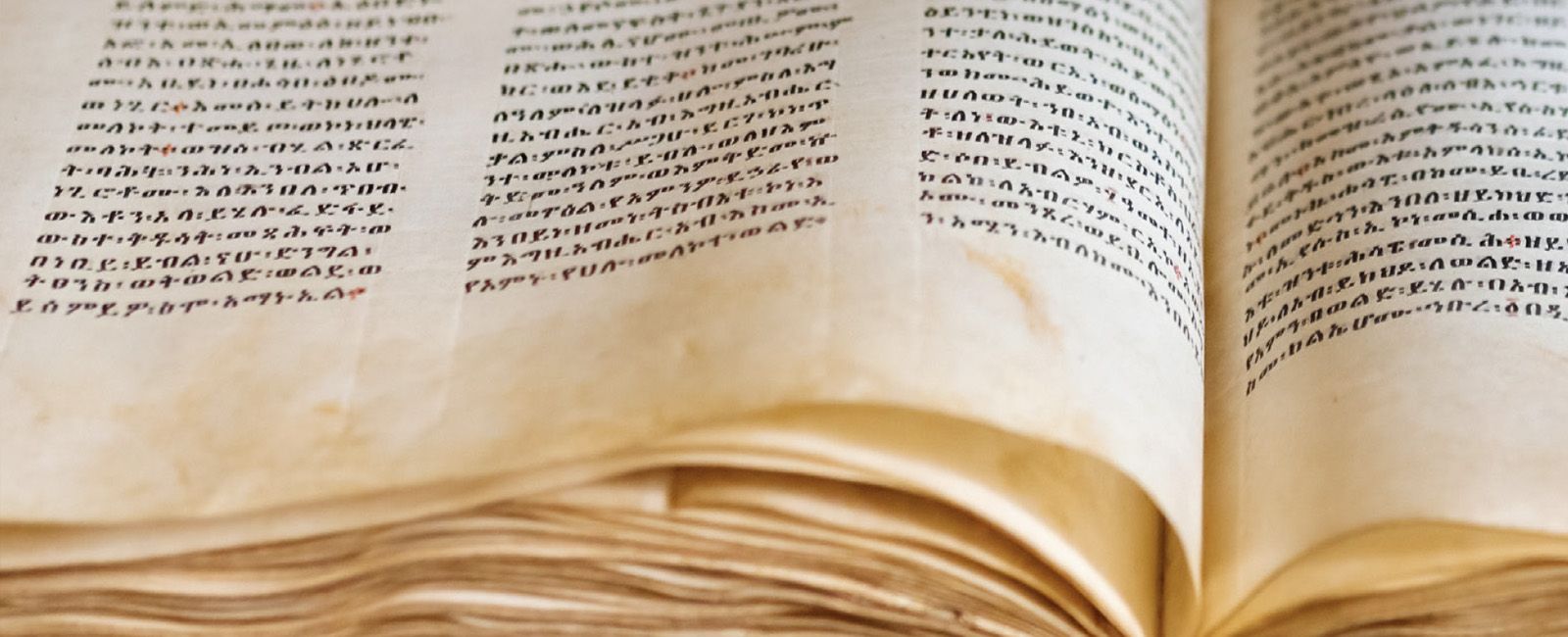The Hope of the Resurrection

The following is a compilation of excerpts from the book, In Hope of the Resurrection, by Dave Louden.
The Hope of the Resurrection
I would like to address some matters concerning the death of the believer and the hope of the resurrection. With the exception of the truth of our salvation, the future hope of the resurrection of the saints is as vital a theme as can be discussed. Therefore, we must be sure that we are presenting the truth to people. Only the truth will set us free. All believers should have a holy fear of misrepresenting the Scripture and the Lord to other believers as well as to the lost.
First things: The Hope of the Resurrection
It was never God’s plan to take His redeemed to heaven as a final destination but rather to have His kingdom come to earth. Many Scriptures substantiate this claim; here are several:
2 Peter 3:13 “Nevertheless we, according to His promise, look for new heavens and a new earth in which righteousness dwells.”
Revelation 21:1 “Now I saw a new heaven and a new earth, for the first heaven and the first earth had passed away. Also there was no more sea.”
Matthew 6:10 “Your kingdom come. Your will be done on earth as it is in heaven.”
We must go back to the truth of the Word of God to see that the yet future resurrection, which will provide glorified bodies for saints to dwell on the new earth, is the unique and blessed hope of the believer. Through this we see that the resurrection is the power of the Gospel and provides the defeat of Death and Hades. Christ’s bodily resurrection was the first fruit of this future reality and provides the hope for the dead believers as well as for those who are alive and remain. All believers will be changed in the “twinkling of an eye, at the last trumpet.” (1 Corinthians 15:52) This will occur, not at physical death, but rather at the second coming of Christ; that is, at the end of days.
The following small selection of Scriptures (one could choose many more) highlights some of the hope, anticipation, and details surrounding our future resurrection.
Job 19:25-27
For I know that my Redeemer lives, and He shall stand at last on the earth; and after my skin is destroyed, this I know, that in my flesh I shall see God, whom I shall see for myself, and my eyes shall behold, and not another. How my heart yearns within me!
Isaiah 26:19
Your dead shall live; together with my dead body they shall arise. Awake and sing, you who dwell in the dust; for your dew is like the dew of herbs, and the earth shall cast out the dead.
Daniel 12:2,13
And many of those who sleep in the dust of the earth shall awake, some to everlasting life, some to shame and everlasting contempt…But you [Daniel], go your way till the end; for you shall rest, and will arise to your inheritance at the end of the days.
Luke 14:14
And you will be blessed, because they cannot repay you; for you shall be repaid at the resurrection of the just.
Luke 20:36
Nor can they die anymore, for they are equal to the angels and are sons of God, being sons of the resurrection.
John 11:24
Martha said unto Him [Jesus], “I know that he [Lazarus] shall rise again in the resurrection at the last day.”
Acts 3:21
Whom heaven must receive until the times of restoration of all things, which God has spoken by the mouth of all His holy prophets since the world began.
Acts 4:33
And with great power the apostles gave witness to the resurrection of the Lord Jesus. And great grace was upon them all.
Acts 24:15
I [Paul] have hope in God, which they themselves also accept, that there will be a resurrection of the dead, both of the just and the unjust.
Romans 6:5
For if we have been united together in the likeness of His death, certainly we shall also be in the likeness of His resurrection.
1 Corinthians 15:50-55
Now this I say, brethren, that flesh and blood cannot inherit the kingdom of God; nor does corruption inherit incorruption. Behold, I tell you a mystery: We shall not all sleep, but we shall all be changed— in a moment, in the twinkling of an eye, at the last trumpet. For the trumpet will sound, and the dead will be raised incorruptible, and we shall be changed. For this corruptible must put on incorruption, and this mortal must put on immortality. So when this corruptible has put on incorruption, and this mortal has put on immortality, then shall be brought to pass the saying that is written: “Death is swallowed up in victory. O Death, where is your sting? O Hades, where is your victory?”
1 Thessalonians 4:16-18
For the Lord Himself will descend from heaven with a shout, with the voice of an archangel, and with the trumpet of God. And the dead in Christ will rise first. Then we who are alive and remain shall be caught up together with them in the clouds to meet the Lord in the air. And thus we shall always be with the Lord. Therefore, comfort one another with these words.
1 John 3:2
Beloved, now we are children of God; and it has not yet been revealed what we shall be, but we know that when He is revealed, we shall be like Him, for we shall see Him as He is.
Revelation 20:13-14
The sea gave up the dead who were in it, and Death and Hades delivered up the dead who were in them. And they were judged, each one according to his works. Then Death and Hades were cast into the lake of fire. This is the second death.
Waiting for More
We must see that many believers are wrongly looking forward to dying by assuming that this is the final leg of their journey. Upon a believer’s death, I have often heard it said that “they have gone on to their reward.” This is actually an incorrect statement and it reflects a misunderstanding of the time line for the future handing out of eternal rewards. The oft-mentioned conclusion that deceased saints are “free from struggle and grief” is also ‘leavened’ since at the judgment seat of Christ, which follows the resurrection, believers will be judged for their works performed subsequent to salvation. Undoubtedly, we will experience at least some grief as we come to grips with how we may have wasted our God-given time, money, and energy on fleshly pursuits subsequent to salvation. First Corinthians 3:11-15, which follows, is one of many passages (see also, Luke 14:14, Romans 14:10-11 and 2 Corinthians 5:10) that address the issue of rewards (or lack thereof) for believers:
“For no other foundation can anyone lay than that which is laid, which is Jesus Christ. Now if anyone builds on this foundation with gold, silver, precious stones, wood, hay, straw, each one’s work will become clear; for the Day will declare it, because it will be revealed by fire; and the fire will test each one’s work, of what sort it is. If anyone’s work which he has built on it endures, he will receive a reward. If anyone’s work is burned, he will suffer loss; but he himself will be saved, yet so as through fire.”
Location, Location, Location
We know that at the time of death the spirit and soul of the person who has died departs the body. Traditionally, the body is then buried, awaiting the resurrection from the dead. According to historical church teaching, it was generally understood that Scripture placed the soul and spirit of the dead believer in the paradise section of Hades (or ‘Sheol’, in Hebrew). In Luke 16:19-31, Hades is described as having two compartments. One side of Hades is described as being a place of comfort and the other side as a place of torment. (By the way, I believe that this passage is not a parable due to the naming of specific persons, the descriptions of the surroundings, etc.) In Luke 16 we see that the sleeping (i.e., dead) believer is in a condition of conscious comfort and in an enhanced realization of Christ’s presence. However, note that the dead believer in this portion of Scripture has not yet had the experiences which are associated with the time of the bodily resurrection from the dead. Sadly, popular commentaries such as the 1909 Scofield Reference Bible have (re)popularized the incorrect teaching that upon death believers go straight to heaven. Today, Christian doctrine appears to popularly teach that deceased believers are now walking about in heaven enjoying a supposed mansion. This is an interesting, and errant, conclusion since at the very least dead believers have not yet received a new body as the resurrection has not yet occurred.
Limitations of the Intermediate State
Question: Is there a distinction revealed in Scripture between being “present with the Lord” (2 Corinthians 5:8) and seeing Him “face to face” (1 Corinthians 13:12)?
Answer: Much of the Scripture listed above (for example: Daniel 12:13; 1 Corinthians 15:50-55; 1 Thessalonians 4:16-18; 1 John 3:2) reveals that we will see Christ face to face at the resurrection of the believer, which occurs at Christ’s return. How then shall we handle 2 Corinthians 5:8? It states: “We are confident, yes, well pleased rather to be absent from the body and to be present with the Lord.” Does this verse imply that immediately, upon death, we shall see the Lord? This does not have to be inferred. We need to see that our relationship with the Lord in the intermediate state (after death but before the resurrection) is one of greater awareness of the Lord’s presence rather than one of closer geographical proximity. In Luke 16:19-31, we see that the sleeping (i.e., dead) believer is in a condition of conscious comfort and in a more heightened realization of Christ’s presence. However, note that the dead believer in this portion of Scripture has not yet experienced the time of the bodily resurrection from the dead.
Additionally, the following passages imply that the believer will see the Lord “face to face” and be with Him at the resurrection:
1 Thessalonians 4:16-17
For the Lord Himself will descend from heaven with a shout, with the voice of an archangel, and with the trumpet of God. And the dead in Christ will rise first. Then we who are alive and remain shall be caught up together with them in the clouds to meet the Lord in the air. And thus we shall always be with the Lord.
1 John 3:2
Beloved, now we are children of God; and it has not yet been revealed what we shall be, but we know that when He is revealed, we shall be like Him, for we shall see Him as He is.
Revelation 1:7
Behold, He is coming with clouds, and every eye will see Him, even they who pierced Him…
Paul said that upon death that it would be “far better” (Philippians 1:23). However, this is not a description of final glory and victory in resurrection. It is “far better” in the sense that we will no longer have the body of flesh with its physical weakness or the body of death with its struggle against sin and Satan.
If in fact we have already experienced seeing the Lord for many years in heaven (between our death and the resurrection of the dead at Christ’s coming) the resurrection has been reduced to simply having the dead body come alive. Why would Scripture so jubilantly celebrate our seeing Christ at His return at the resurrection if we have already seen Him for many years in heaven? Has error clouded what should be an obvious distinction between our experiences at physical death and the resurrection?
Concluding Thoughts
Dwelling as a disembodied spirit and soul, in the comfort section of Hades, does not complete the eternal purpose of God. It does not reveal the sons of God, it does not produce the Bride, and is not the blessed hope of the saints. Rather, the resurrection from the dead, having a new, glorified body for all eternity, and reigning as co-kings with Jesus in His kingdom completes the truth of God. The resurrection completes the victory by providing the triumph over Hades and Death — the last enemy!
Please consider this teaching soberly. Are we speaking the truth or are we propagating religious fiction and error?
This article is an edited compilation of excerpts from the book, In Hope of the Resurrection, by Dave Louden. Additional Scripture and commentary concerning the experience of the dead believer and the importance of the resurrection are found in this book. The author served for over thirty years as a pastor in British Columbia and Manitoba. His ministry has also included evangelism and church planting with a specific focus upon discipling and encouraging men to whole heartedly pursue the reality of the Lord in their daily life.









